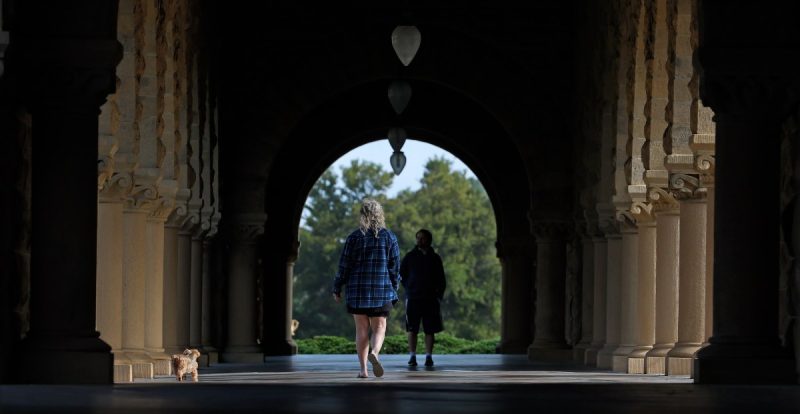
The current political climate has cast a long shadow over American higher education, creating a unique set of anxieties for today’s college-bound teens. While the Trump administration’s efforts to reshape society and culture have dominated headlines, a more fundamental concern is quietly simmering: the ability to afford college.
Nonprofits working to support college access report a surge in student anxieties surrounding federal student aid. Questions about the continued availability of the FAFSA (Free Application for Federal Student Aid) and Pell grants are rampant. Fear isn’t entirely unfounded; the administration’s highly publicized attempts to dismantle the Department of Education, including the announced layoffs of over 1300 employees and an executive order directing its closure, have understandably fueled uncertainty.
While the Education Department remains operational and the administration claims that funding for Pell grants and student loans won’t be affected, the potential for disruption is real. Experts warn that internal restructuring could lead to delays in loan disbursement or a lack of support for borrowers, echoing the problems experienced last year with a technically flawed FAFSA form. This uncertainty is particularly acute for low-income students and those who are first-generation college applicants, for whom federal aid is often the deciding factor in whether college is even a possibility.
Adding to the stress, undocumented students and their families face the added fear that applying for federal aid might expose their immigration status. Although federal law prohibits the use of FAFSA data for immigration enforcement, the lack of a concrete guarantee leaves many families hesitant to apply. This fear is contributing to a significant drop in FAFSA applications, potentially barring many deserving students from higher education.
Beyond financial aid, the political climate is impacting other aspects of the college experience. Trump’s push against diversity, equity, and inclusion initiatives is leading colleges to overhaul or eliminate DEI offices and student support groups. This leaves prospective students worried about the resources and support systems that will be available to them once they arrive on campus. Recent arrests of students participating in legal protests further amplify anxieties surrounding freedom of speech and expression on college campuses.
The consequences of this heightened uncertainty are far-reaching. A significant drop in FAFSA applications, particularly among low-income students and those with undocumented family members, suggests a future where access to higher education becomes increasingly limited. This not only impacts individual students’ career prospects but also poses a significant risk to the nation’s economy, which relies on a skilled workforce. State-level solutions, such as more accessible state financial aid applications, are crucial in mitigating these risks.
Ultimately, the path forward requires a collaborative effort. Universities must proactively communicate with students about potential policy changes, while policymakers must work to ensure that financial aid remains accessible to all. The current uncertainty surrounding college represents not just a challenge for individual students but a threat to the nation’s future. Let’s hope that swift and decisive action can alleviate the anxieties of these ambitious young people and secure their future.









